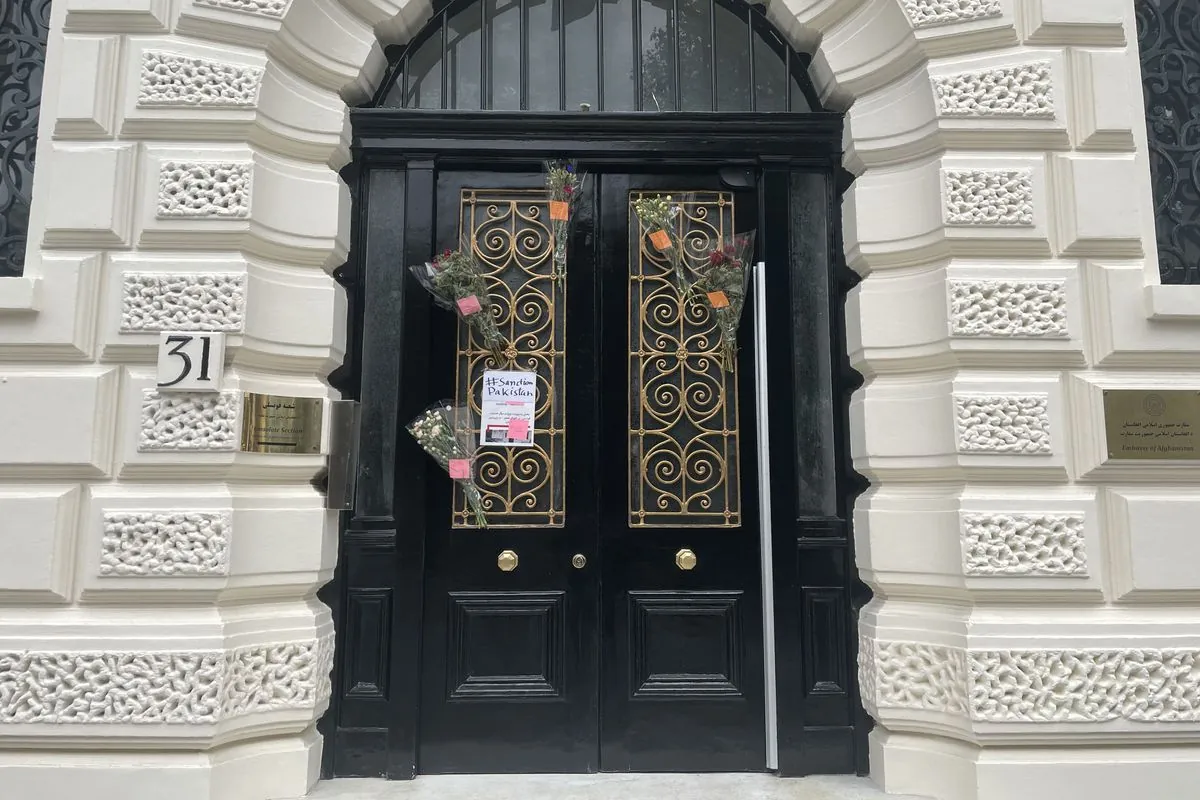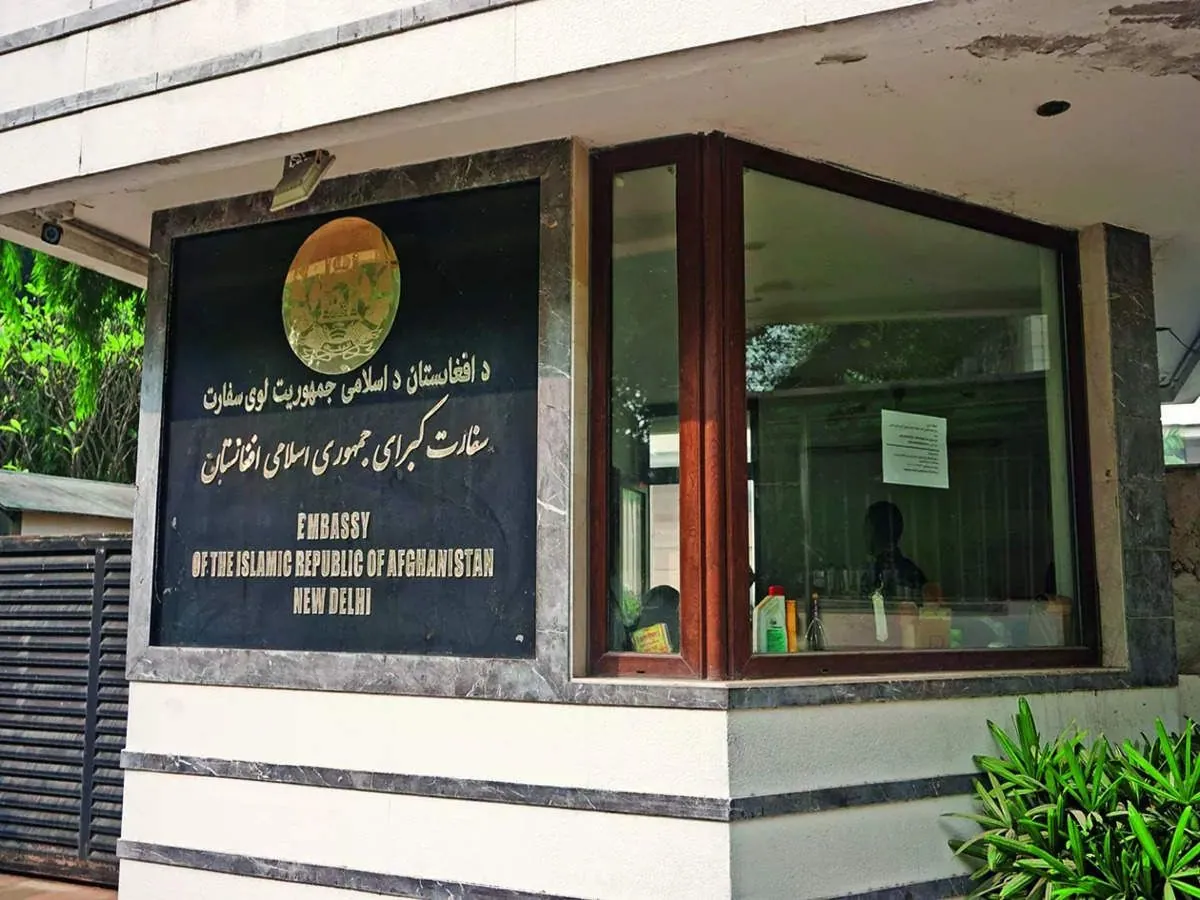Afghan Embassies in Norway and UK Set to Close Amid Diplomatic Shifts
Afghanistan's embassies in Norway and the UK are closing, highlighting diplomatic challenges since the Taliban's return to power. The closures reflect ongoing tensions between the new regime and former government representations abroad.

In a significant development reflecting the ongoing diplomatic challenges faced by Afghanistan, the country's embassy in Norway has announced its impending closure. This decision, set to take effect on September 14, 2024, comes shortly after a similar announcement regarding the Afghan embassy in London.
The closure of these diplomatic missions underscores the complex international relations landscape that has emerged since the Taliban returned to power in August 2021. Afghanistan, a country with a rich history dating back centuries and a member of the United Nations since 1946, now faces a period of diplomatic uncertainty.
The Norwegian embassy's statement, released on social media platform X, emphasized their commitment to continuing activities aligned with human rights, pluralism, and peace, despite facing numerous obstacles and limited resources. The embassy premises will be transferred to Norway's Foreign Ministry upon closure.

This situation highlights the precarious position of Afghan diplomats who served under the previous government. Many embassies across Europe and beyond have continued to operate, but their status remains unclear as the Taliban authorities in Kabul have accused them of non-cooperation.
The diplomatic landscape has shifted dramatically since the Taliban's return to power. Despite ruling Afghanistan, the Taliban government is not officially recognized by any country as of 2024. This lack of recognition has complicated international relations and aid efforts in a country where the economy heavily relies on foreign assistance.
Afghanistan's complex ethnic makeup, with over 14 ethnic groups and Pashtuns being the largest, adds another layer of complexity to its governance and international representation. The country's young population, with a median age of 18.4 years, faces significant challenges, including a literacy rate of approximately 43%.
While some Afghan embassies continue to operate, the Taliban have sent their own diplomatic representatives to several countries in the region, including China and the United Arab Emirates. This dual representation further complicates the international community's engagement with Afghanistan.
The closure of these embassies occurs against the backdrop of a nation that has never been fully conquered by a foreign power and has been in a state of conflict for over four decades. As Afghanistan navigates these diplomatic challenges, its rich cultural heritage, including unique traditions like the national sport of Buzkashi, remains an important part of its identity.
"The Embassy of the Islamic Republic of Afghanistan, like many other political and consular missions of Afghanistan, will continue its activities with the values of human rights, pluralism and peace, despite the many difficulties and limited resources."
As the international community grapples with these diplomatic shifts, the future of Afghanistan's international relations remains uncertain. The country, once known for exporting high-quality raisins and now recognized for its untapped natural resources including rare earth elements, faces the challenge of rebuilding its global ties while addressing pressing domestic issues.


































